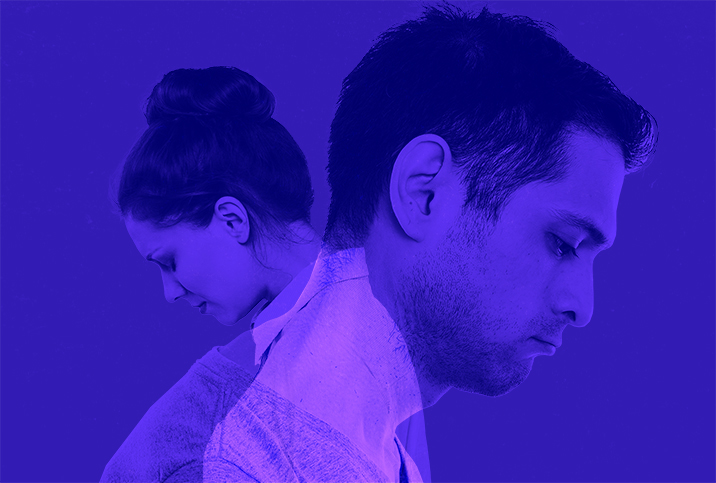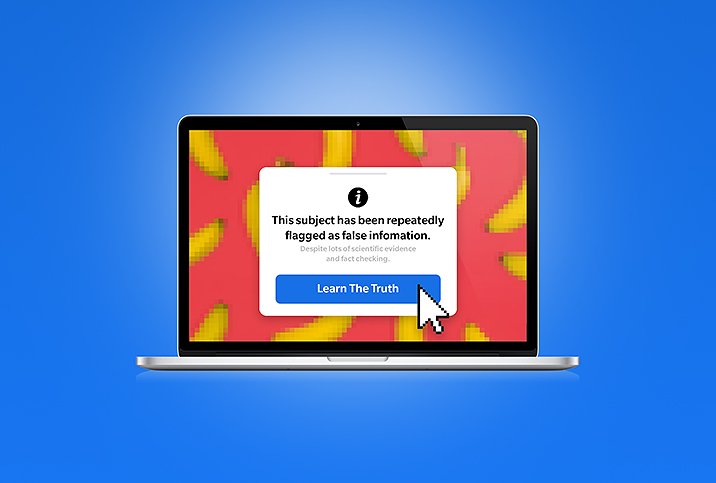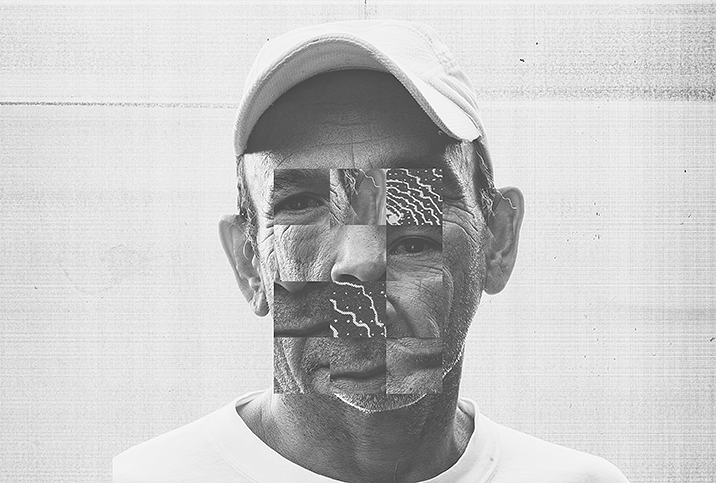A Dating Guide for Erectile Dysfunction

Dating is a maze of wrong turns and mishaps for everyone, but when you have a penis that won't get—or stay—hard, it can turn a challenge into an impossible nightmare.
Men are often expected to easily get erect and stay that way until their partner is fully sated. This imagery, fed by pornography and rigid (pardon the pun) expectations of masculinity, hides the truth: Erectile dysfunction is far more common than we realize, although estimates on figures vary widely. A 2018 review published in Sexual Medicine indicated that ED affects about a third of men, but a 2019 report in BJU International found that global prevalence could be anywhere from 3 percent to 76.5 percent.
Shame around erectile dysfunction is widespread, and results in some damaging consequences in the dating world. But here's how you can navigate the challenges of dating with ED.
What causes erectile dysfunction?
Although achieving an erection may seem simple, a key list of ingredients is required, including psychological desire, testosterone, good vascular supply, a healthy nervous system and a working set of muscles. Without these factors successfully working together, a penis is going to stay flaccid.
Physical causes include diabetes, heart conditions, tobacco use and sleep disorders.
"In general, age is a good indicator for the causes of ED—for instance, in 20- to 30-year-olds, the reasons are usually psychological," said Jeff Foster, a general practitioner specializing in men's health in the U.K. "In the 30 to 50 age range, the diagnosis is typically a combination of physical and psychological issues. In the 50+ age range, it is usually a physical deficit, most commonly related to cardiovascular issues." He added that low levels of testosterone can be "a significant contributor to ED at any age."
ED can affect people of all ages, including teenagers just starting out in their sexual explorations. "I can manage to jack off sometimes, but it's hard to get hard without porn, which I've stopped consuming after experiencing ED," explained Taylor*, an 18-year-old who lives in the U.K.
Impact on mental well-being
In a society that prizes the erection as a mark of sexual prowess, not being able to achieve one can have devastating effects on mental health—and dating confidence.
"I felt anxious and emasculated," said Matt*, a 27-year-old based in the U.K. who used to have psychosomatic ED. "I didn't want to talk to anyone about it for fear of embarrassment."
Shame stops people from talking openly about having ED and the condition is far too frequently used as a tool to mock people who suffer from it. Without proper support, people with ED suffer in silence.
Communicating with potential and current partners
Claiming that all partners will be understanding and patient with someone with ED is unfortunately naïve. There are always going to be judgmental people out there.
"For most people, if you can't get it up or fear that you can't get hard and stay hard during a sexual encounter, it's going to put a tremendous amount of stress and anxiety on your relationship with sex," said Kenneth Play, an international sex educator and sex hacker developing techniques to help couples connect in the bedroom and overcome bedroom challenges. "In an ideal world, you would think that your partner would be completely accepting, patient and encouraging, but in the real world, often that is not the case."
However, the potential of negative responses to issues brought on by ED should not deter anyone from trying. Sexual connection is important and you do not need an erect penis to have it. Staying silent will never help you find peace with ED.
Be clear and factual about what ED is and how it's affecting you, and then allow space for questions.
"I think the first thing to do is to strengthen your own ability to deal with rejection," Play said. "Accepting the fact that some people will reject you is good for everyone. Know that all you need is for the right person to like and enjoy you."
There is no magic ingredient to make telling a potential partner about ED easier, but communicating it can improve confidence and make it easier the next time you have to address it in the dating world.
To have the conversation, you need to figure out what is the most comfortable method. Would an email or a text feel less intense or would a face-to-face conversation put you at ease? Once you've decided this, write a draft before sending it or talking in person.
Be clear and factual about what ED is and how it's affecting you, and then allow space for questions. Do not predict their response with phrases like, "I know you won't want to be with me after hearing this" or "This will make me unattractive to you." However they respond, try to be calm and let any negativity wash over you. Potential partners who genuinely like you will not allow a medical issue to get in the way of that.
Managing erectile dysfunction

Treatments for ED vary widely and must be chosen based on the specific causes of your struggles. However, there are some general approaches available to you.
"I bought a ludicrous amount of Cialis off a website to assist me," Matt said. "After using the aide and having success for the first time with a partner, I no longer suffered from ED. It was immediately clear that I was suffering from performance anxiety and not some biological issue, which I could've found out sooner if I'd talked about it."
Unfortunately, these drugs are just temporary fixes. "The key to treating ED is working out the cause," Foster said. "The common misconception is that purchasing Viagra will fix the problem, but this only treats the symptom and not the cause. In all patients with ED, it is essential to speak to a doctor who understands the condition to gain a full history and appropriate tests, to find out the underlying reason."
Kegel exercises may also improve pelvic floor health, but the best way to manage ED is by expanding sexual fantasies beyond erection-related pleasure. "You don't necessarily need a hard cock to have an orgasm," Play added. "Prostate orgasm is very real! I also love my mentor Pamela Madsen's approach toward loving the soft cock, and encourage partners of those struggling with ED to read this."
Engaging a partner in the treatment process is also beneficial because they can provide emotional support and gain insight into how ED is affecting you. "Although embarrassing at first, it is worth trying to engage your partner in your treatment process. Talk openly about your tests, discuss them with the doctor, and talk about your worries and concerns," Foster said. "Reinforcing that you still love or want your partner is also essential."
Breaking down the stigma
Until we can talk about flaccid penises without mocking them, dating with ED will continue to be the butt of jokes. As a society, moving beyond heteronormative depictions of penetrative sex that center on the erect penis as the holy grail is imperative.
Broadening your understanding of sex—yes, it can be mindblowing without penetration—reduces the pressure placed on penises to stand to attention at a moment's notice.


















